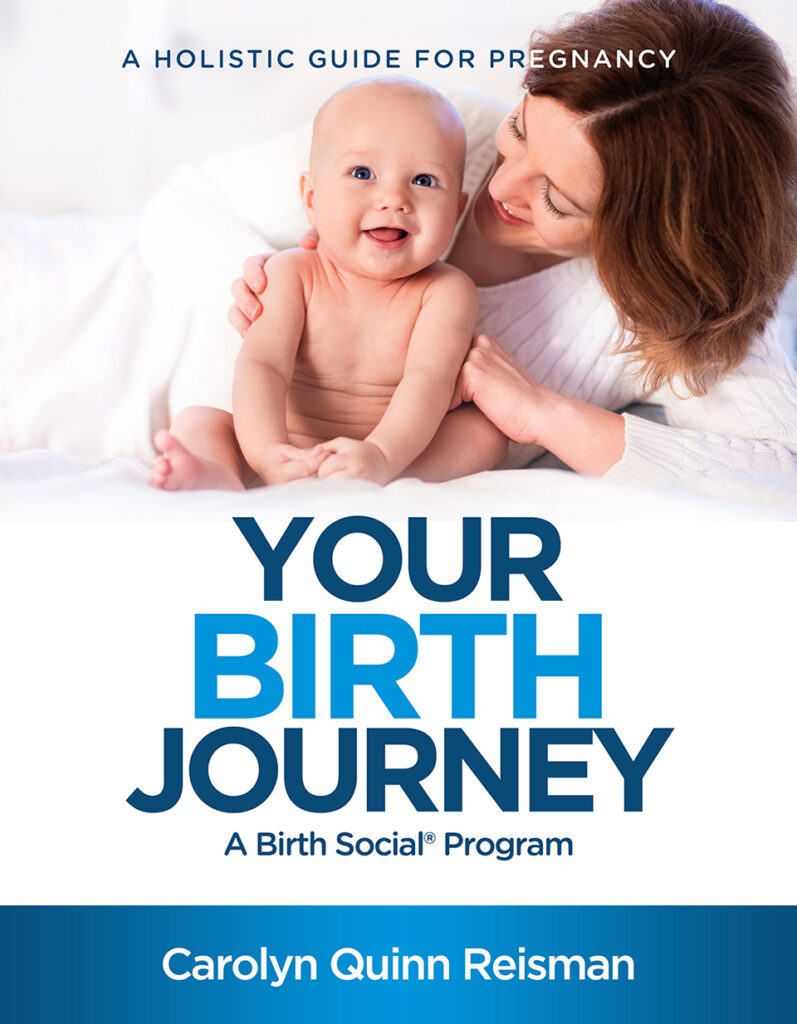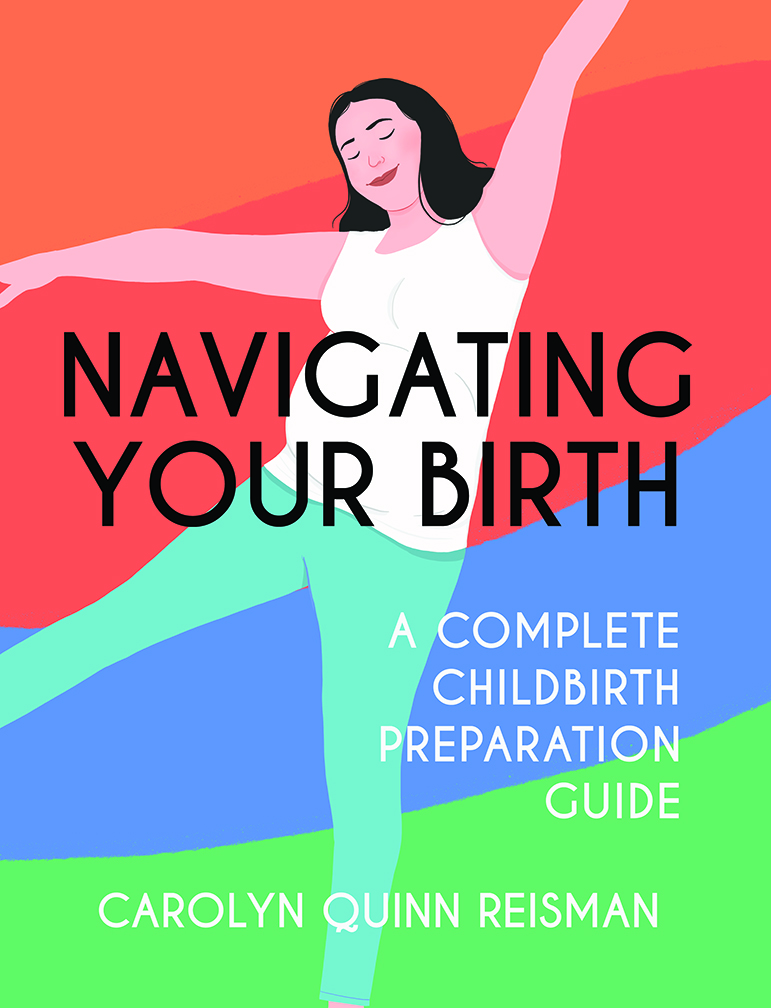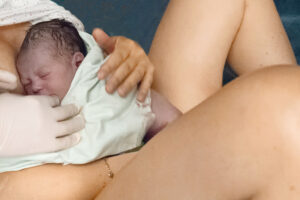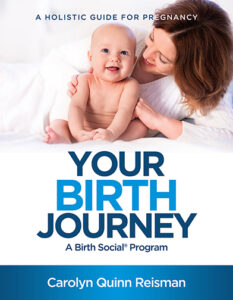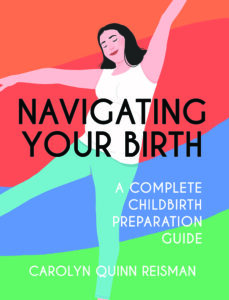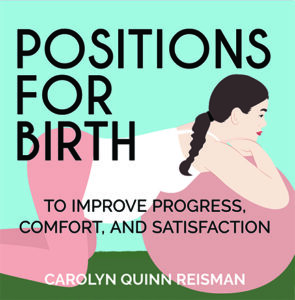How long does it take to recover after giving birth?
No matter how you gave birth, the first six weeks post-partum are considered a “recovery” period. Even if you had the easiest birth on record (and especially if you didn’t), your body has been stretched and stressed to the max, and it needs a chance to recover.
The following tips can help you speed up your postpartum recovery, so you heal — and feel — better.
Nutrition
Good nutrition, which was emphasized during pregnancy, should be continued. Aim to eat several smaller meals throughout the day instead of three larger ones. Plenty of fresh fruit, raw salads, adequate water, and nutritious beverages should be stressed. Some excellent, easy snacks include raw nuts and seeds, fruit, raw veggies, cheese, yogurt, hard-boiled eggs, dried fruit, and high protein milkshakes. And try to skip the alcohol and caffeine, which can affect your baby’s tummy – and your moods.Take your prenatal vitamins or a comprehensive multiple.
If you haven’t already, check out Lily Nichols Real Food Postpartum Recovery Meals: 50+ Recipes & Freezer Tips. She provides excellent meal advice centered on cultural traditions that emphasize postpartum nutrition. She also devotes an entire chapter in her book on postpartum nutrition, Real Food for Pregnancy – a must have!
Rest
Your midwife cannot stress enough the importance of resting in bed with your baby the first two weeks postpartum. There is very little to do during this time besides focusing on the newest and littlest love of your life. During this time, you will most likely experience a wide range of feelings, including exhaustion, exhilaration, joy, confidence and uncertainty as you get to know your baby. Just imagine how your baby feels during this transition from uterine to extra-uterine life!
The first week or two following the baby’s birth should be lazy. Staying in your PJ’s reminds you and everyone else that you should frequently be resting. Giving birth is both physically and emotionally exhausting. Extra sleep is often needed during the first few weeks. Sleep as much as you can during the night hours and catnap with the baby during the day. Keeping the baby close by at night or tucking him/her into bed with you often helps you get the extra sleep you need. Arrange a loving friend or relative to help you with household chores while you rest and care for your baby. DO NOT try catching up on housework – but keep moving!
Keep moving
No matter how you gave birth, start taking walks. Stroll around your house during the first week, then graduate to the yard. In 2-3 weeks, start taking short strolls in the neighborhood. Walking helps and speeds recovery by boosting circulation and muscle tone, which in turn can help you stay regular. Plus, walking can boost your mood and help ease depression-like symptoms.
Stay regular
It can seem scary to have your first bowel movement, and sometimes things don’t start moving for a couple of days. Take your time. To help things move along, eat plenty of fiber-rich foods (whole grains, fruits, veggies), go for walks, and use gentle stool softeners to get and stay regular. Avoid straining, which isn’t good for perineal tears or your C-section scar, if you have either.
Do Pelvic Floor Exercises
As soon as you are comfortably able, start doing pelvic floor exercises. Aim for three sets of 20 Kegels every day.
Be kind to your breasts
If your breasts become achy or swollen, apply a warm compress or ice packs to your breasts and gently massage. After every feeding, let your breasts air for a bit and apply a lanolin cream to prevent or treat sore or cracked nipples. Also, be sure to wear a comfortable nursing bra or cami for support – and use some nursing pads for leaky boobs.
Recognize the Baby Blues
Did you know that your progesterone levels drop significantly after your baby is born? It happens immediately after the placenta is delivered, which can result in an emotional rollercoaster. This is typical baby blues, which is much different than postpartum depression. Baby blues will last for a few minutes to a few hours and come out of nowhere, usually involving mood swings, crying for no apparent reason, and possibly being a little irritable.
These mood swings usually diminish at about two weeks postpartum. Postpartum depression, on the other hand, can involve feelings of sadness, anxiety, hopelessness, and other feelings that do not improve. These types of feelings require intervention.
Wait to Have Sex
There is no hurry! Normal sexual activity may be resumed when it is comfortable for the mother, usually at four to six weeks postpartum. If you have torn, you will want to wait until you are six weeks postpartum to resume sexual activity.
Breastfeeding cannot be depended on as a form of contraception, so some method of family planning – such as foam and condoms – should be used. Vaginal secretions at this time may be insufficient, so extra lubrication may be necessary for both partners’ comfort. Some nursing mothers continue to need this lubrication for intercourse throughout the breastfeeding period.
Love on Your Other Children
If you have other children at home, you know they require a lot of energy. Chasing, lifting, feeding, running, and snuggling are just some of the childrearing requirements. You do not need to be a super mom, and your body demands that you slow down. At this time – focus on snuggling. You can easily do this while sitting on the couch – without lifting. If needed, get a small step stool for your child so they can climb on the couch or bed on their own.
Children often exhibit jealousies when baby arrives, which soon disappear when they discover that it’s neat to have a baby around. You may find it helpful to get them involved with baby care (according to their capabilities). Mostly, this depends on the age, so be patient. Also, asking everyone to give them extra attention may help. Small gifts from those who may plan to bring the baby something special also means a lot to the older children. Remember, the new baby doesn’t know he’s getting tons of gifts, but the older child is acutely aware of the infant’s gifts and attention. All of this might be helpful for your child – and your stress.
Care for your C-section scar
If you had a C-section, gently clean your incision with soap and water once a day, then pat dry with a clean towel. Apply antibiotic ointment as directed. Talk to your doctor about whether it’s better to cover the wound or leave it open to air out. Besides carrying your baby, lifting is a no-no, and hold off on vigorous exercise until you get the OK from your doctor.
- American College of Obstetricians and Gynecologists, Optimizing Postpartum Care, May 2018.
- Mayo Clinic, C-Section, June 2020.
- Centers for Disease Control and Prevention, National Center for Health Statistics, Births: Method of Delivery, March 2021.
- American College of Obstetricians and Gynecologists, Cesarean Birth, June 2020.
- The American College of Obstetricians and Gynecologists, Exercise After Pregnancy, July 2019.
- Mayo Clinic, Postpartum care: What to expect after a vaginal delivery, March 2020.
- Stanford Children’s Health, Postpartum Hemorrhage, 2019.
- Mayo Clinic, What Can I Do to Treat Hemorrhoids During Pregnancy?, April 2019.



